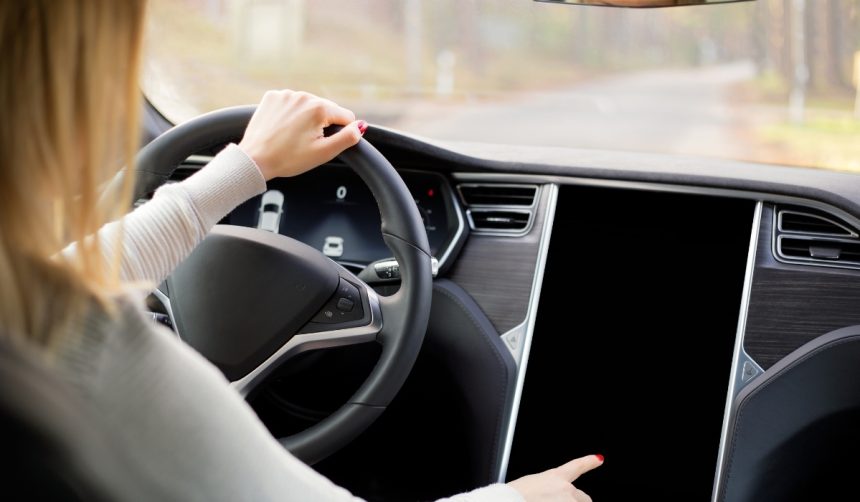Tesla entered the Indian electric vehicle scene with the introduction of its Model Y, after years of anticipation and negotiations with local authorities. The company’s inaugural effort to carve out space in one of the world’s fastest-growing car markets carries significant pricing concerns, mainly due to government tariffs and import duties. Interest in electric vehicles has been steadily rising in India, particularly among affluent urban consumers interested in premium experiences. Observers are closely watching whether Tesla’s high pricing approach will limit its ability to compete with established brands and newer domestic rivals aiming to capture the same market.
Reports from earlier this year suggested that Tesla was struggling to finalize a deal with Indian officials regarding both pricing and local manufacturing commitments. Past announcements hinted at progress, but delays continued over import tariff standoffs, and in the interim other global automakers explored similar opportunities. Previous speculation pointed to a possible price adjustment if local manufacturing was approved, yet competitors with domestic production or established import relationships have been able to offer lower starting prices for their vehicles.
How Significant Are the Model Y’s Prices in India?
Tesla listed its Model Y Rear-Wheel Drive at 5,989,000 rupees and the Long Range at 6,789,000 rupees, equating to about $69,686 and $78,994, respectively. These figures represent a substantial premium over U.S. retail pricing, where the comparable Model Y costs significantly less. The pricing discrepancies are largely attributed to India’s high import tariffs on fully built vehicles, a longstanding challenge for foreign automakers seeking entry into the country.
What Has Driven the Tariff Dispute?
Customs fees and other levies imposed by the Indian government have long discouraged direct imports. Indian authorities have insisted on a commitment to local investment, such as building a Gigafactory, before offering tariff reductions. Tesla has favored first gauging the appetite for its vehicles in the market. Maharashtra Chief Minister Devendra Fadnavis commented,
“In the future, we wish to see R&D and manufacturing done in India, and I am sure at an appropriate stage, Tesla will think about it.”
Is a Shift to Local Manufacturing Likely for Tesla?
While industry analysts speculate that structured agreements could eventually allow Tesla to expand manufacturing in India, current strategies involve testing demand at existing price points. The government has signaled potential openness to revisiting tariff policies, especially if long-term economic benefits such as research and manufacturing investment materialize. For now, elevated prices may hinder broader adoption, but could set the stage for future negotiations over local investments.
The current scenario surrounding Tesla’s entry into India reflects both ambition and uncertainty. Pricing remains a pivotal concern, and much depends on evolving government policy and Tesla’s willingness to meet local production requirements. In the meantime, rivals such as Tata Motors and MG have taken advantage of favorable local policies to secure their market positions. For buyers, understanding the implications of import tariffs and the potential for price adjustments can clarify decision-making. Anyone considering an imported EV like the Model Y should monitor updates to duty structures and local manufacturing plans, as these factors directly affect cost and availability.










